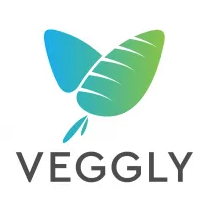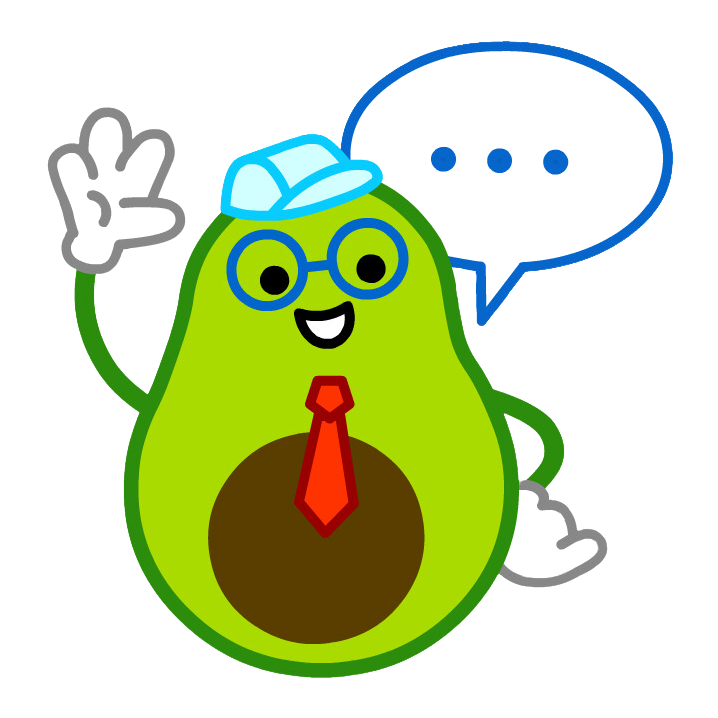By Krystal Castor (@krystal.castor)
People usually think that the hardest part of being vegan is not eating animal products
such as meat, eggs and dairy, which means no more barbecue, chocolate, ice cream,
cheese and so on. However, the hardest part of being vegan is actually vystopia,
something that around 83% of vegans experience.
Origin of the term
The term vystopia was created in 2017 by Clare Mann, a vegan psychologist based in
Australia, who wrote a book called Vystopia: the anguish of being vegan in a non-vegan
world. The letter “v” comes from the word vegan, while “ystopia” comes from the word
dystopia. Therefore, vystopia can be considered a dystopia perceived by vegans.
Definition
Clare defines vystopia as the 1) Existential crisis experienced by vegans, arising out of an
awareness of the trance-like collusion with a dystopian world, and the 2) Awareness of
the greed, ubiquitous animal exploitation, and speciesism in a modern dystopia.
In other words, vystopia is the anguish of being vegan in a non-vegan world. This anguish
comes from the awareness that we live in a society totally structured around the
oppression of non-human animals, which then causes a peculiar kind of existential crisis.
Major symptoms
Although vystopia is not an illness or disorder, but in fact an experience lived by those
who have discovered the nature and extent of the systematized animal abuse by society,
some things can be considered as symptoms of vystopia, such as anger, intense grief
due to the massive abuse of animals, frustration at not being able to awaken non-vegans
from their trance, alienation by non-vegans, loneliness within groups that one previously
felt part of, lack of hope and despair that things will never change, and feelings of
powerlessness to make changes on a global scale.
Ways to better deal with vystopia
The most effective way to deal with vystopia is to take excellent care of your physical
and mental health and to take action on behalf of the animals. A good diet, exercise and
being a part of a vegan community are key. Another huge step in the right direction is
to transform the anger into activism.
Other resources
Clare’s books and courses (available at veganpsychologist.com) can help those experiencing
vystopia. However, if the anguish of being vegan in a non-vegan world is affecting your everyday
life, considerstarting therapy, preferably with a vegan psychologist or a non-vegan therapist who understands the particularities of vegans’ challenges and hastools to help them overcome these
challenges.
Don’t forget to follow our page, where you’ll find other articles like this one, as well as news, recipes, and touching love stories, which started on Veggly and became real life, in our testimonials section.
Take the opportunity to find your VegMatch or VegFriend and install Veggly now!
Follow Veggly on social media!





